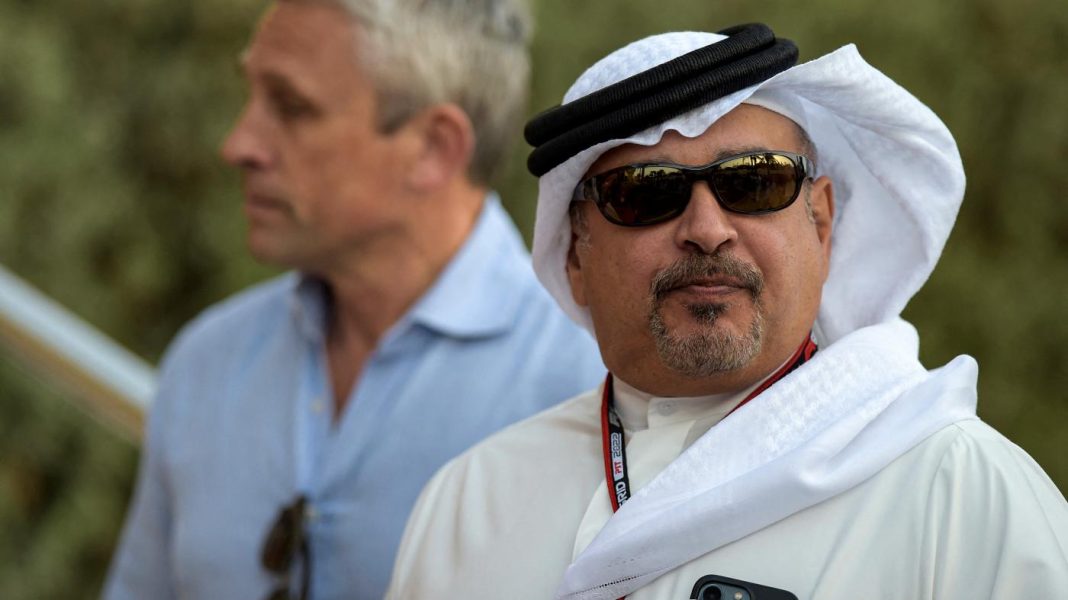In a letter seen by Middle East Eye, the politicians questioned the UK government’s allocation of £13 million ($16.6m) to Bahrain over the past decade despite a decline in human rights and democratic standards in the kingdom.
They singled out two UK-funded institutions – the Bahraini Ministry of the Interior’s Ombudsman and the Special Investigation Unit (SIU) within the Public Prosecutors Office – that they said are associated with “clear human rights abuses”.
The letter said the bodies were established in 2012 to investigate allegations of torture, but the UN has raised concerns about their independence and effectiveness as recently as April.
“Both the SIU and ombudsman continue to receive UK taxpayer-funded support,” the lawmakers wrote, adding, “The government must seek concrete evidence from the Crown Prince that the flaws within these bodies have been rectified.”
They also raised concerns that systematic torture persists in the kingdom and that 26 death row inmates face imminent execution despite international calls for their release.
Among a list of requests, they called for future funding of Bahrain’s Ministry of Interior to be conditional on the release of political prisoners named in the letter and that human rights be central to ongoing free trade agreement negotiations between the Persian Gulf Cooperation Council and the UK.
Lord Scriven, vice-chair of the All-Party Parliamentary Group on Democracy and Human Rights in the Gulf and one of the letter’s signatories, noted, “The UK government should not be rewarding Bahrain with a trade deal that is silent on human rights and ethical trade whilst also using taxpayers money to fund training to some Bahraini institutions implicated in torture and human rights abuses.”
The letter highlighted several political prisoners currently held in Bahraini jails, including Hassan Mushaima, 75, who is serving a life sentence for leading anti-government protests in 2011.
His son, Ali Mushaima, said that he is concerned about the deteriorating health and unjust treatment of his father, the eldest political prisoner in Bahrain.
Authorities denied his father medical treatment while holding him in solitary confinement for almost two years following a decade of imprisonment for his leading role in the 2011 demonstrations, he continued.
“The UK government will be shaking hands with the very person responsible for his imprisonment alongside hundreds of other political prisoners including many forced to endure torture at the hands of the regime,” Ali Mushaima added.
Sayed Ahmed al-Wadaei, advocacy director at the UK-based Bahrain Insitute for Rights and Democracy (BIRD), said with the visit this week, the British government should change its approach to the kingdom.
“Instead of supporting a repressive regime that uses torture and imprisons those expressing peaceful dissent, Rishi Sunak’s government should instead be speaking out on the case of imprisoned academic Dr Abduljalil al-Singace who has spent nearly two years on his strike without solid food over confiscation of his research after being imprisoned since 2011 for his pro-democracy activism.”
